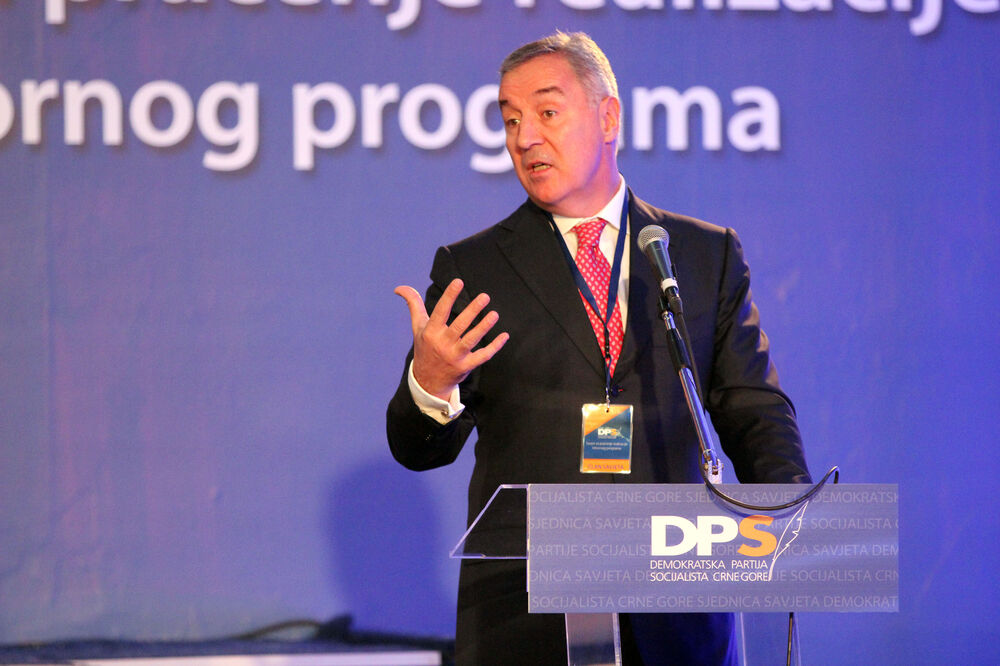It seems like one persistent déjà vu. Whenever the results of some survey, research, as they like to say, appear, everyone croaks in unison - ordered by this or that, biased, regime planning and the like. And all this is indisputable and true. Most polls done here are just that - political marketing. But I have to admit that I am always amazed by the ferocity of the reaction. What did you expect - fair grades from fair professors for the quarter? That's how elementary students see it.
I don't know, actually, what are the polls in Montenegro for, apart from the already mentioned reason - marketing? Here, the attitude is perceived as a battle trench - and there is no poll (but no reality, obviously) that can change that.
Every self-respecting Montenegrin (and there are no others) asks himself, when the interviewers call him - hmm, why me. Is this for that or did they remember that? This mental paranoia gives rise to the urge to hide. Attitude, opinion, view - mental self-censorship. Whenever you need to make a statement. Even in an anonymous survey. Which here is believed to be as anonymous as voting in elections...
The power of transformation of Montenegrins when it comes to making a statement about anything is astonishing. It's a phenomenon that shows up in several interesting ways in almost all eras of cg history, or at least in the last two hundred years. You have a man who communicates one thing, thinks another, suspects a third, and has something fourth on his heart... unhappy history and similar alibis are always there, but, on a psychological level, it's a very exciting field. In the world, books have been written, films have been made, studies have been made about the phenomenon of the "double game" public/private opinion. They say that in Japanese culture these two opinions function, legitimately divided - public and private. I read somewhere that a trace of that duality exists in the language as well, which would be a valid reason for a person to dedicate himself to learning the Japanese language.
However, here "another drama is now unfolding". It's always like that, in our Montenegro. Forget all this - cultures, languages, psychology, when you deal with this phenomenon in Montenegrins. Here it is all perverted in an unexpected way.
It is known that you almost never meet a declared supporter of the regime on the street. Everyone criticizes, they are worried about this or that move of the regime, but when the elections come, it turns out that a huge number of those public critics actually voted for the government.
What is unusual here? It is unusual what is public and what is private. Namely, the matter could look like this, and that would perhaps be a more understandable situation, that is, it would be the "rational" hypocrisy: that on the street everyone speaks in favor of the government, but when the elections come, the government loses... This would be a situation in which, understandably, self-interest dominates, even though the person adheres to the public image of the idyll.
Here it is the other way around - the private is subordinated to the "public". A person chooses what fulfills a supposedly "public" interest, not his own interest. What then is the situation with what he defines as personal, private, and what does he see as general, public interest? Does this perhaps mean that the average citizen in today's Montenegro has lost the idea of the personal, as such. Or, with this reality, his personal space is suspended, simply taken away. That would be the most devastating social diagnosis possible. When the idea of the personal disappears, a person is not ready...
But the best detail in the survey, or the most eloquent, is the information on how institutions are perceived here, and how people are perceived here: the institution of the President of Montenegro is in tenth place in terms of citizens' trust, but the man who holds that office is by far the first among politicians. Does that sound logical to you? How can you trust polls? Or Montenegrins? Clearly, the function is not important, the person is important. That's the bottom line. As long as this "result" is possible, things will certainly not change.
Bonus video:





